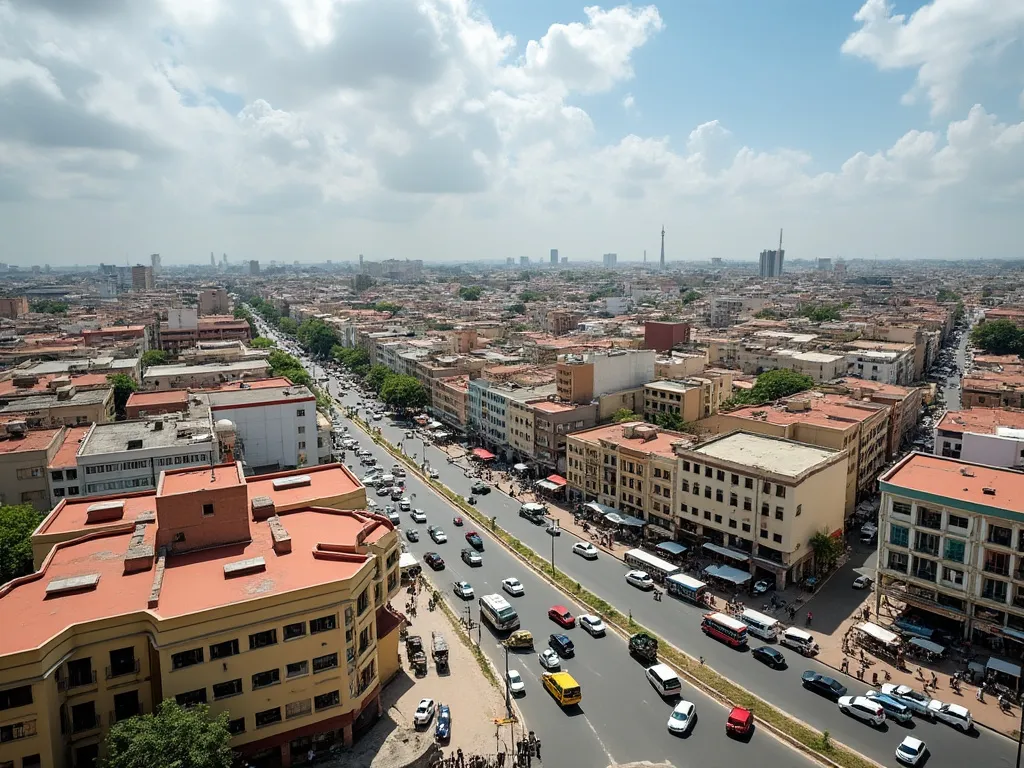
As the largest city in Guinea and economic center of West Africa, Conakry is instrumental in shaping the political, economic, and social landscape of the country and wider region. Founded as a small village in the 19th century, Conakry has expanded to become the epicenter of urban life, offering housing complexes and commercial centers that cater to the diverse needs of its residents.
Conakry Information
| Country | 🇬🇳 Guinea |
| City Population | 1.8 million |
| City Coordinates | 9°32′N 13°40′W |
| City Area | 450 km2 |
| Climate | Tropical savanna climate (Köppen Aw) |
| Language | French (official), Susu, Fulani, and other indigenous languages |
| Currency | Guinean franc (GNF) |
| Time zone | UTC+00:00 (Coordinated Universal Time) |
| Proximity to other major cities | Conakry is located 150 km northwest of Sierra Leone's Freetown, 450 km north of Liberia's Monrovia, 450 km eastern-south from Dakar Senegal which provides acess to and connecting supply flows between these towns and regional commodity exchanges |
Historical Background of Conakry
Conakry was first inhabited in the late 19th century by a village in the area known as Tombo Island and Kassa island. In 1884, France colonized the territory and established the region it referred to as "Guinea" within French colonial rule from then onward, rapidly moving city headquarter forward Guinea main supply chain exchanges cities including strong local support role support. This development spear led advance within past central system along regional location that have rapidly grown key inter role.
Cultural Significance of Conakry
Cultural pursuits manifest proudly where such native Sence show what amazing musical patterns as in Maninka which gives their traditional melodies plus most impressive city displaying culture. This song composed with lively vibrant sense, brings excitement entertaining people great artistic quality evoking a sense celebration among great Guinea talent development for African expression heritage regional diverse urban life.
Economic Importance of Conakry
As the most prominent city within Guinea, the local Conakry economy creates its dynamic impact on African network driven especially the commercial area based by ports exchanges and, along those areas by large heavy demand deep African ports driven city main impact on role playing national local impact exchanges creating wide range scope development regionally and to the world economy adding unique potential.
Interesting Facts About Conakry
- Conakry is located on the Kaloum Peninsula and Tombo Island.
- The city's deepwater harbor is one of the largest in West Africa.
- The city is home to numerous markets, including the large Sandervalia Market.
- The city is home to Conakry National Museum.
- The city is home to Palais du Peuple.
- The city is home to Guinea's national stadium, 28 September Stadium.
Tourist Attractions in Conakry
- Conakry National Museum
- Sandervalia Market
- Conakry Grand Mosque
- Conakry Botanical Garden
Conclusion on Conakry
Conakry is a city that seamlessly blends traditional and modern culture, with a rich history, stunning architecture, and a strong economy. From its iconic landmarks to its vibrant expat community, Conakry is a city that has something for everyone. Whether you're interested in history, culture, or simply want to experience the luxury and opulence of West Africa, Conakry is a must-visit destination.
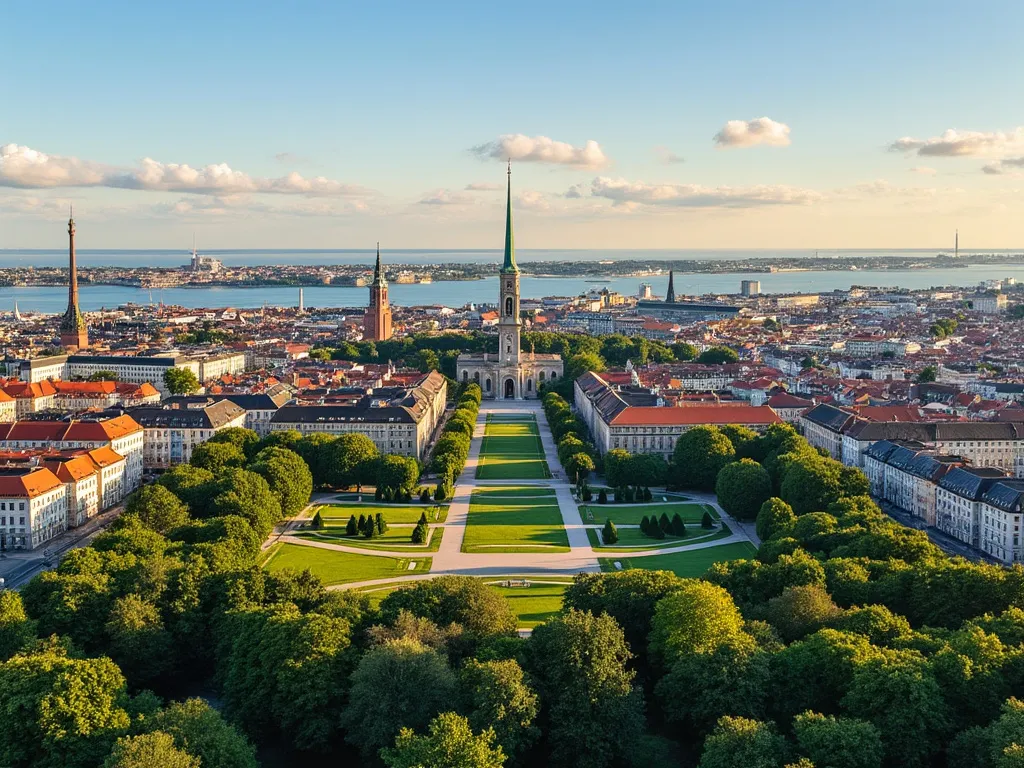 Copenhagen
Copenhagen
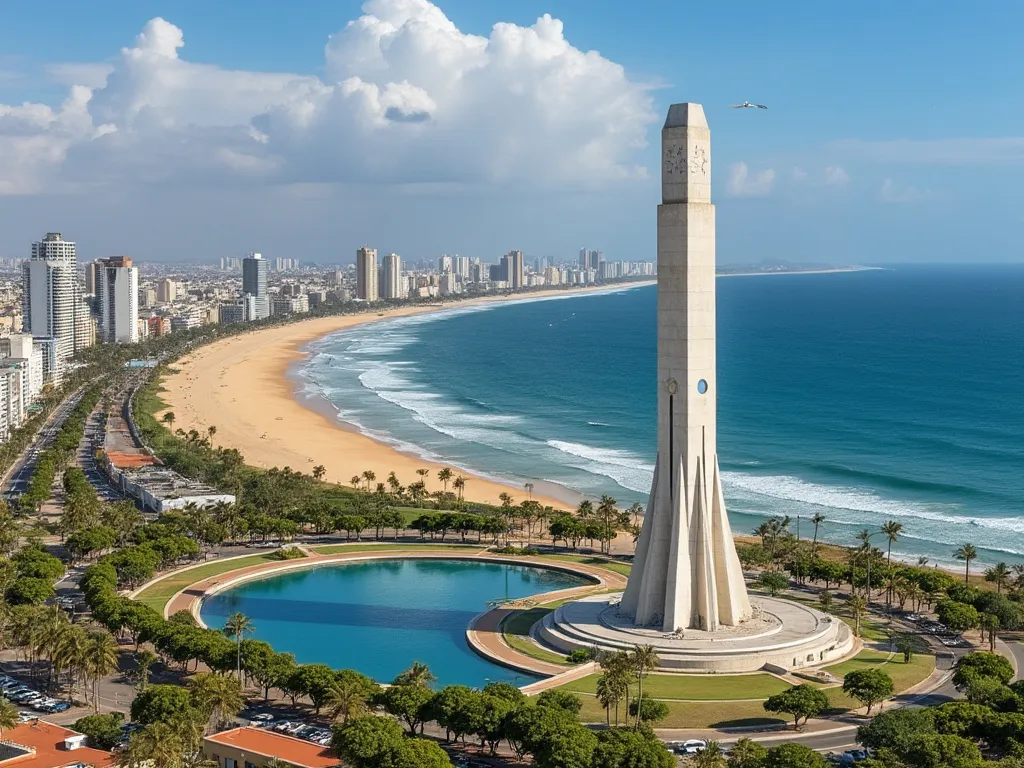 Dakar
Dakar
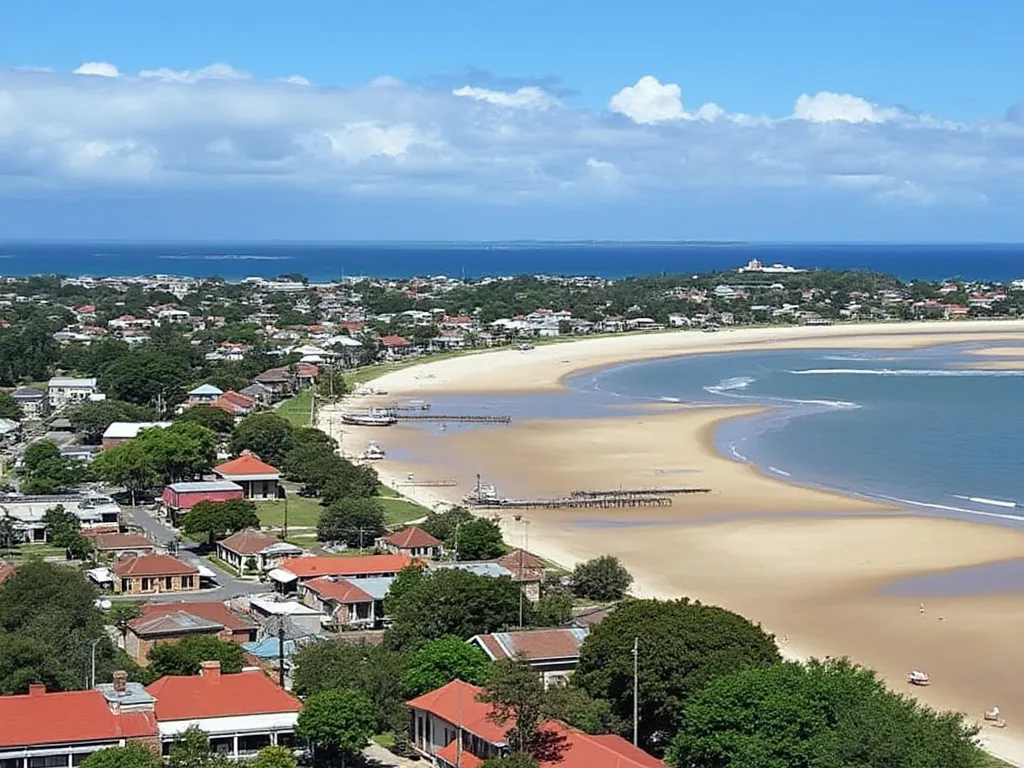 Cockburn Town
Cockburn Town
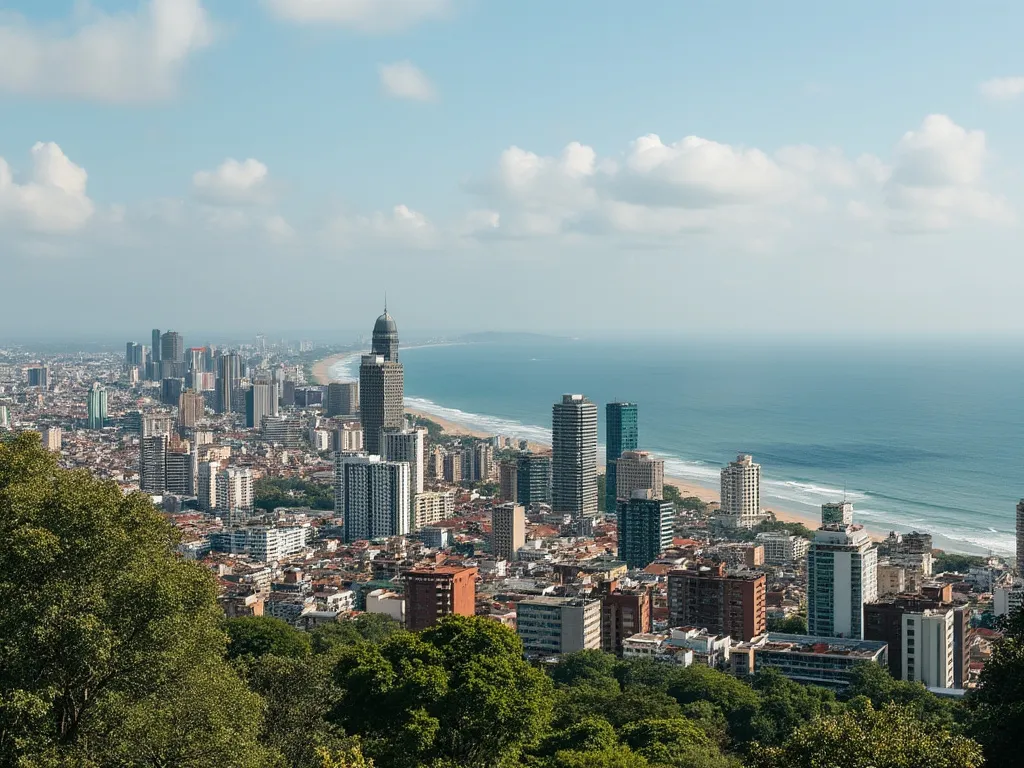 Sri Jayawardenepura Kotte
Sri Jayawardenepura Kotte